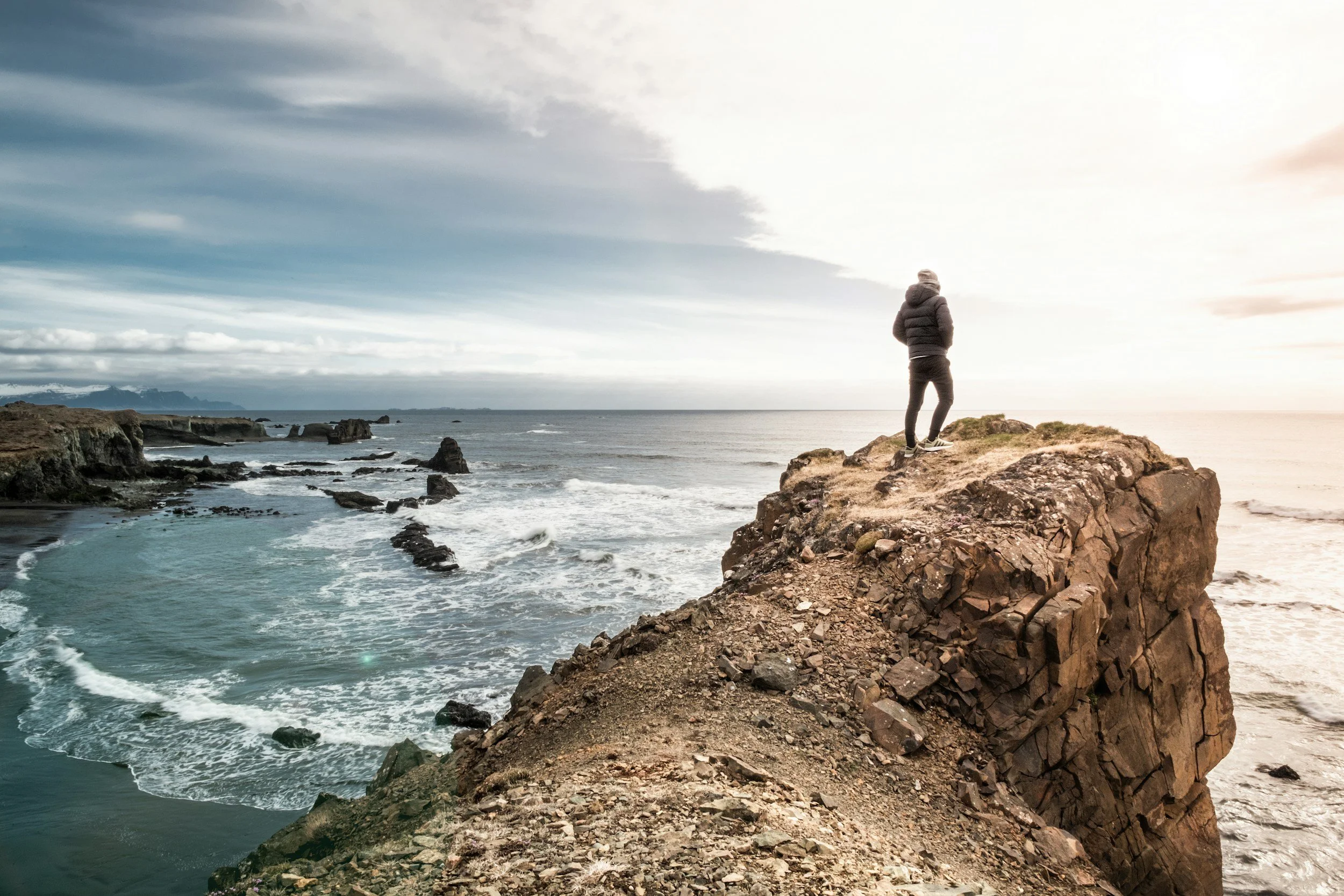Brave Enough to be Real
We live in a world that often celebrates keeping your guard up.
The ability to “not let things get to you.”
The pride in handling everything on your own.
The quick wit that deflects when the conversation gets too real.
These traits can be framed as strength—and sometimes, they are. They might have been necessary in certain seasons of life, especially if you grew up in a home where emotions were unpredictable or unsafe.
But there’s another kind of strength that doesn’t get celebrated nearly enough.
The courage to let yourself be seen.
Why We Learn to Hide
For many, detachment, hyper-independence, and defensiveness didn’t just appear out of nowhere—they were survival skills.
If expressing feelings led to judgment, dismissal, or conflict, you learned to keep them in.
If you were met with chaos when you needed comfort, you learned to rely only on yourself.
If vulnerability felt dangerous, you learned to protect yourself with sharp edges.
And those strategies worked. They got you through.
But over time, what once protected you can also keep you from the connection you long for.
Vulnerability Isn’t Weakness—It’s Risk
Living vulnerably doesn’t mean oversharing with everyone or abandoning discernment.
It means letting the right people see your real needs, your honest feelings, your imperfect self.
It’s choosing to risk rejection in exchange for the possibility of being truly known.
And in a culture that rewards independence over interdependence, that risk can feel radical.
Small Ways to Practice Vulnerability
You don’t have to leap into deep emotional exposure overnight.
Start with moments that feel safe enough.
Admit, “I’m having a hard day,” instead of saying, “I’m fine.”
Ask for help with something small and concrete.
Share a personal story with someone you trust, even if it makes you nervous.
Notice when you’re tempted to joke or change the subject—and instead, try staying with the moment a little longer.
The Quiet Bravery of Being Real
It takes bravery to drop the armor when the world tells you to keep it on.
It takes strength to let others witness you—not just your accomplishments, but your humanity.
And every time you choose to live vulnerably, you give others permission to do the same.
So here’s your reminder.
Your softness is not a liability.
Your openness is not a flaw.
Your willingness to be real is one of the bravest things about you.
